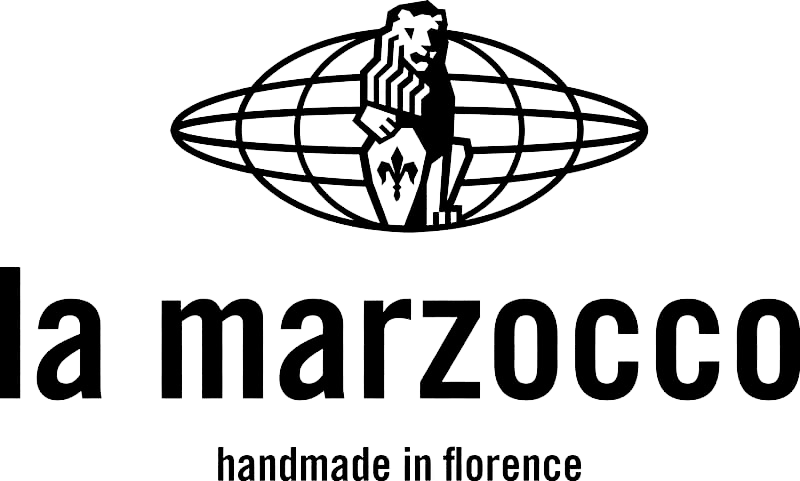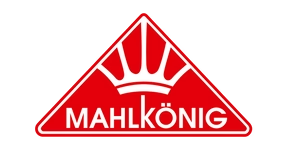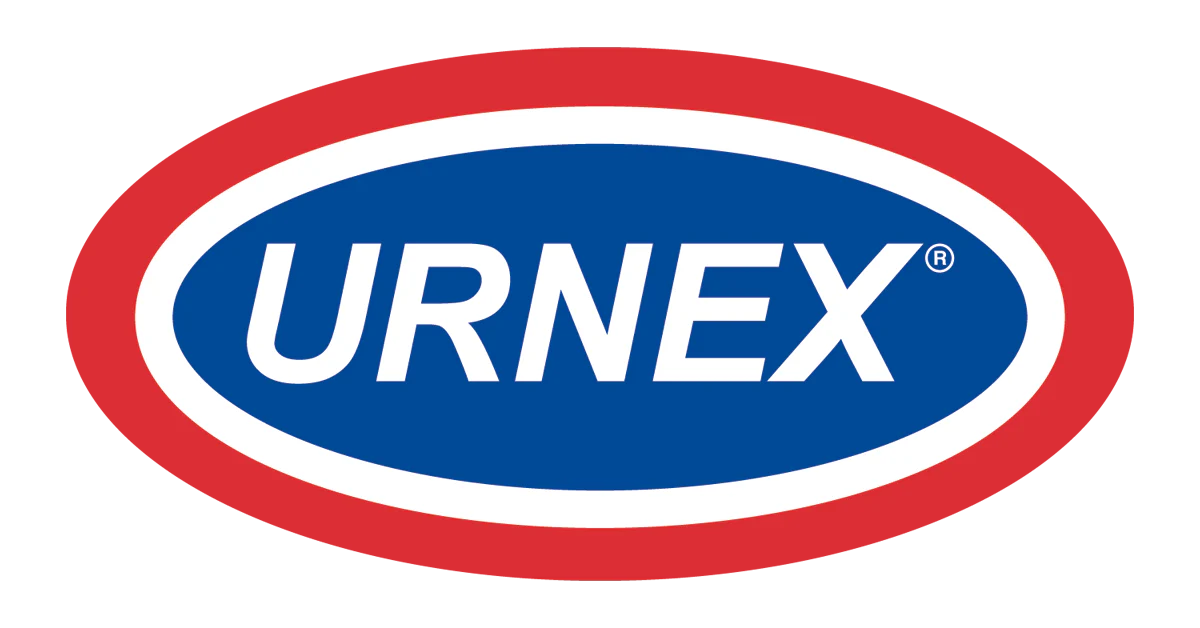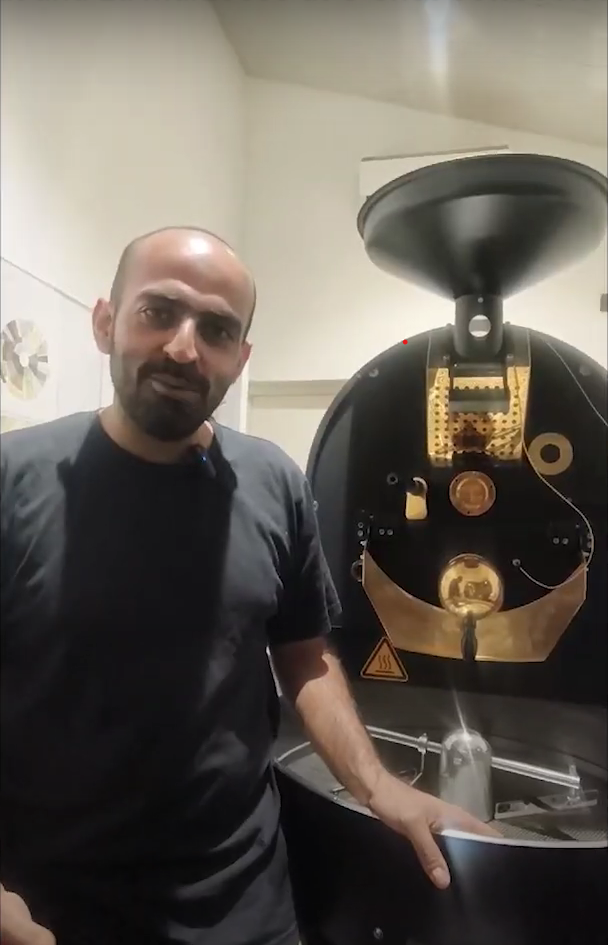Blogs

The Ultimate Guide to Setting Up a Coffee Shop: From Concept to Execution
Step-by-Step Process for Setting Up a Coffee Shop
1. Research and Business Planning
Before setting up a coffee shop, thorough research is crucial. Understand the local market, assess competition, and identify your target customers. Develop a detailed business plan that includes your café’s concept, target market, financial projections, and marketing strategy. A well-thought-out business plan is your roadmap when starting a coffee shop and will also attract potential investors or partners.
2. Finding the Right Location
The location of your coffee shop is one of the most critical decisions when setting up a coffee shop. Look for a spot with high foot traffic—near office buildings, universities, or residential areas. The ambiance and layout should reflect your brand identity and appeal to your target market. Your shop should be inviting, comfortable, and conducive to customers spending time in it.
3. Design and Layout
Creating an inviting space is essential for building customer loyalty. Ensure that your coffee shop’s design maximizes seating space, while keeping the flow efficient. When starting a coffee shop, you should also consider factors like lighting, furniture, and the overall vibe, as these can impact customer experience. The space should be designed to encourage customers to return.
4. Acquiring Equipment
A critical part of setting up a coffee shop is acquiring the right equipment. High-quality coffee machines, grinders, blenders, and accessories will ensure that you can serve top-notch beverages to your customers. Let’s look at some of the essential products you should consider for your new coffee shop.
Essential Equipment for Setting Up Your Coffee Shop
1. Semi-Automatic Coffee Machines
A semi-automatic coffee machine is the backbone of your coffee shop’s operation. These machines offer a perfect balance of automation and control, allowing your baristas to craft the perfect espresso. Here are some excellent semi-automatic coffee machines to consider when setting up a coffee shop:
- Carimali Glow
The Carimali Glow is a sleek, stylish espresso machine that combines great performance with advanced features. It’s perfect for high-traffic coffee shops where efficiency and quality are a must. - Rancilio Classe 5 USB
Renowned for its reliability, the Rancilio Classe 5 USB offers advanced energy-saving technology. With easy-to-use controls and a durable build, it’s ideal for starting a coffee shop that needs consistent quality. - La Marzocco Linea PB
The La Marzocco Linea PB is a high-end espresso machine famous for its exceptional temperature stability and reliability. It’s perfect for professional baristas who require precise control over their shots. - La Carimali Bubble 1 Group
With its eye-catching design and advanced brewing technology, the La Carimali Bubble 1 Group provides reliable performance. It’s perfect for creating a stylish yet functional coffee experience. - WMF Espresso
The WMF Espresso machine is designed for efficiency and high performance. Known for its intuitive interface, it’s ideal for starting a coffee shop where consistency is key.
2. Coffee Grinders
Freshly ground coffee is essential for creating the perfect cup of espresso. When setting up a coffee shop, investing in high-quality grinders is crucial. Consider these top options:
- Hey Cafe HC-600 Ver 2.0
Designed for consistent grind quality, the Hey Cafe HC-600 Ver 2.0 is perfect for high-volume coffee shops. It provides reliable performance, ensuring that each espresso shot has a rich, full flavor. - Mahlkönig E65S
The Mahlkönig E65S is an advanced grinder known for its precision and speed. Its flat burrs deliver an even grind, helping your baristas maintain consistency and extract the best flavors from each coffee bean. - Anfim Luna
The Anfim Luna is a compact, easy-to-use grinder that offers high-quality results. With its durable design, it is well-suited for coffee shops with moderate to high demand.
3. Coffee Roasters
For those looking to offer a unique, personalized touch to their coffee, owning a coffee roaster is essential. Here are some top roasters for starting a coffee shop:
- The Nucleus Link Coffee Roaster
The Nucleus Link Coffee Roaster offers advanced technology for precise roasting, allowing you to create a signature coffee profile for your café. Its compact design makes it an excellent choice for small-to-medium-sized coffee shops. - Aillio Bullet
The Aillio Bullet is perfect for coffee shops that want to roast their own beans. It’s easy to use and provides great flexibility in terms of flavor profile development. Whether you’re experimenting with new blends or maintaining a signature roast, this machine is a great investment when setting up a coffee shop.
4. Coffee Blenders
If you plan to offer blended beverages such as frappes and smoothies, a high-quality coffee blender is essential. Here are some great options for your café:
- Harmony Classic
The Harmony Classic blender is known for its powerful motor and smooth performance, making it perfect for creating blended drinks in your coffee shop. - Harmony Silent
For those seeking a quieter option, the Harmony Silent blender is an excellent choice. It’s built for commercial environments where noise can be a concern, while still delivering the same performance as other high-end blenders. - Vitamix Prep 3
The Vitamix Prep 3 is perfect for high-volume coffee shops, offering durability and speed. Whether you’re blending smoothies, frappes, or sauces, this blender ensures smooth and consistent results every time.
5. Coffee Accessories
Accessories help streamline the coffee-making process and enhance the customer experience. Here are a few must-have items for your café:
- Zero Hero Walnut Knock Box – Eco-Friendly Coffee Waste Management
The Zero Hero Walnut Knock Box is an eco-friendly way to manage your coffee waste. It’s durable, stylish, and helps keep your café neat and efficient. - Budan Dosing Cup
The Budan Dosing Cup ensures precise coffee dosing for consistent espresso shots. This is an essential tool when setting up a coffee shop that prioritizes quality. - Budan Milk Pitcher
For perfect milk frothing every time, the Budan Milk Pitcher is a must-have. With its ergonomic design, it’s comfortable to use and helps achieve silky-smooth milk for lattes and cappuccinos.
Challenges in Setting Up a Coffee Shop and How to Overcome Them
While starting a coffee shop is exciting, there are challenges along the way. Some of the key obstacles include:
- High Initial Investment: The cost of equipment and setup can be significant, but choosing durable, high-quality machines like the ones mentioned above can help you save in the long run.
- Competition: The coffee industry is highly competitive. Offering exceptional customer service and creating a unique café experience can help you stand out.
- Staffing Issues: Hiring skilled baristas is essential for maintaining quality. Provide thorough training to ensure consistency in your offerings.
- Consistency: Using reliable equipment will help you maintain the same quality across all drinks, which is key for customer loyalty.
Tips for Long-Term Success in Setting Up a Coffee Shop
To ensure long-term success after setting up a coffee shop, focus on:
- Customer Experience: Create an inviting environment and offer exceptional service to encourage repeat customers.
- Brand Identity: Build a strong brand that reflects your café’s values and style.
- Adapt and Evolve: Stay on top of coffee trends and continuously update your menu.
- Marketing: Utilize social media to promote your café and engage with your community.
Conclusion
Starting a coffee shop can be an incredibly rewarding journey. By choosing the right espresso equipment and creating a unique customer experience, your café can thrive. With top-quality commercial coffee machines like Hey Cafe HC-600 Ver 2.0, Carimali Glow, Rancilio Classe 5 USB, and many others, you’ll have the tools necessary for success. Make sure to invest in the right grinders, roasters, blenders, and accessories to elevate your café’s offerings.
If you’re ready to take the plunge into setting up a coffee shop, Kaapi Machines is here to help. We provide a range of high-performance coffee equipment and expert advice to guide you every step of the way.
Contact Kaapi Machines today to learn more about the products we offer and how we can help make your coffee shop a success!











































